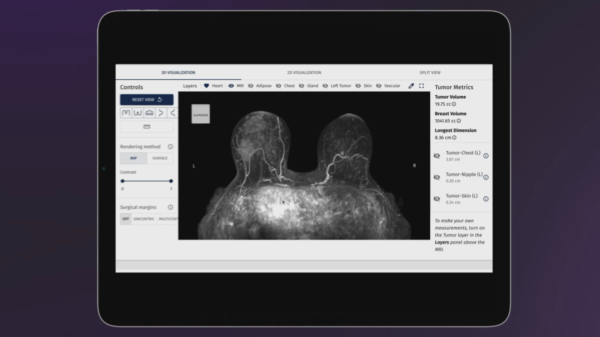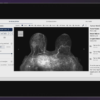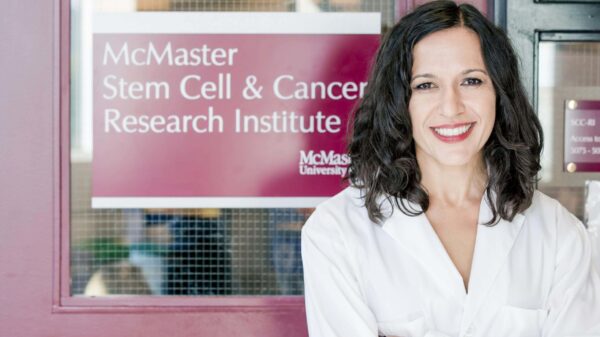A group of leading lung cancer experts are heading for Tennessee next week to share their latest insights on combatting the world’s deadliest cancer.
The International Lung Cancer Consortium (ILCC) will be celebrating two decades of collaboration at its annual meeting in Nashville’s Vanderbilt University Medical Center between Oct. 15-17. The consortium is affiliated with the World Health Organization.
This year’s meeting will be hosted by Melinda Aldrich, an associate professor and lung cancer expert from Vanderbilt. Lung cancer screening in underserved populations is one of her specialties.
The proceedings will focus on discussion regarding early detection, advancements in immunotherapy and other pertinent topics.
“We are thrilled to host this outstanding group of scientific investigators to share cutting-edge research, exchange ideas, enhance collaborations and show why we love Nashville,” Aldrich said.
Because the consortium members come from all over the world they are able to develop a comprehensive understanding of the disease through sharing their ideas. This international collaboration provides them with access to a vast data pool.
They are currently engaged with an investigation into the risk of contracting lung cancer years after quitting smoking, an examination of how fitness and sleep can reduce your likelihood of diagnosis and several other research initiatives.
Last year’s meeting and others have been held in Lyon, France. The consortium has met in Toronto, Italy, California, Texas, Maryland and New York too.
They have undertaken their studies at Wayne State University, the University of New Mexico and various other institutions.

Last year’s meeting in Lyon, France. Photo credit: ILCC
Read more: Breath Diagnostics takes aim at lung cancer with One Breath
Read more: Breath Diagnostics pioneers novel lung cancer breath test
U.S. breathes new life into lung cancer diagnostics
Researchers from the University of Michigan claim to have developed a new blood biopsy that is 10 times faster and 14 times more accurate than previous methods. They announced this achievement last week.
To do this, they created a microchip that can capture tiny particles known as “exosomes” or vesicles. The process of achieving this is quite complex.
“The microchip developed at U-M captures exosomes—tiny packages released by cells—from blood plasma to identify signs of lung cancer,” the school explained.
Another recent breakthrough occurred when Kentucky’s Breath Diagnostics Inc. successfully developed an accurate lung cancer breath test. This testing method is even less invasive than a blood biopsy and only takes a few days to provide results.
Researchers from the Massachusetts Institute of Technology also recently pioneered the use of an AI tool known as “Sybil” that can predict if a person is at risk of the disease up to six years before symptoms arise. It analyzes CT scans to make its determinations.
International Lung Cancer Summit concludes
The International Lung Cancer Consortium’s upcoming meeting is coming shortly after the conclusion of another global lung cancer forum.
Switzerland’s International Lung Cancer Summit was held on Friday in the city of Lausanne.
Presentations were focused on everything from advancements in lung cancer diagnostics and antibody-drug-conjugates to surgical dilemmas in non-small cell lung cancer (NSCLC).
Sponsors included major names like AstraZeneca plc (NASDAQ: AZN), Pfizer Inc (NYSE: PFE) and Merck & Co Inc (NYSE: MRK).
Defining respectability for stage III #NSCLC in the #immunotherapy era is a moving target 🎯. Great talk by D. Nova at @LungSummit challenging the current treatment paradigms for stage IIIB #NSCLC. @OncoAlert @StephenVLiu @PatelOncology @g_mountzios @RobertoFerrara_ @DrJNaidoo pic.twitter.com/DzVZK1g8GC
— Biagio Ricciuti, MD PhD (@BiagioRicciutMD) October 4, 2024
rowan@mugglehead.com














